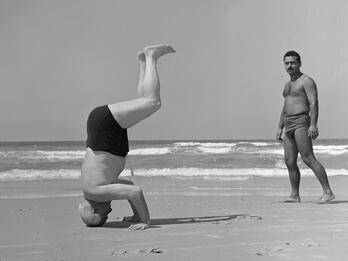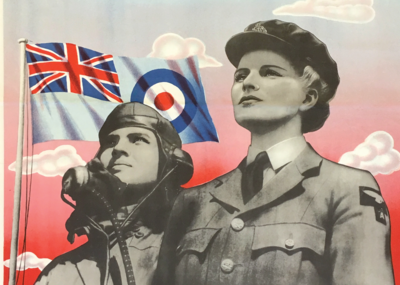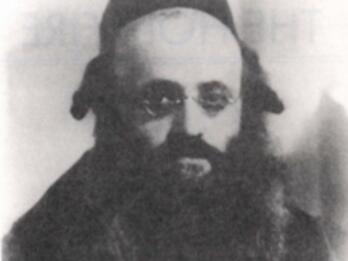Call to Arms
Abba Kovner
1942
A Summons to Resistance in the Vilna Ghetto, January 1942
Let us not be led like sheep to the slaughter!
Jewish youth!
In a time of unparalleled national misfortune we appeal to you!
We do not yet have the words to express the whole tragic struggle which transpires before our eyes. Our language has no words to probe the depths to which our life has…
On New Year’s Eve in 1942, the leaders of the youth movements in the Vilna ghetto gathered to hear a manifesto written by Abba Kovner, a 22-year-old poet and leader of the left-wing Zionist youth movement. Two-thirds of Vilna's Jews were already dead. Kovner presciently realized that the murder of Lithuanian Jewry was not a local event but a precursor to the destruction of all of European Jewry. Kovner’s declaration galvanized the remaining members of the Vilna ghetto to organize for armed resistance—one of many ways that European Jews resisted the Nazi regime and attempted to preserve their humanity.
What major concern(s) motivated Kovner’s call to arms?
How does Kovner criticize “Jewish youth” in this speech? Is this a fair criticism?
What gives Kovner hope in this declaration?

Related Guide
Destruction, Rebirth, and Cultural Thought
The years between 1939 and 1973 witnessed unprecedented tragedy and transformation for the Jewish people.
Related Guide
The Holocaust: Years of Catastrophe
Jewish writing in Nazi-occupied areas documented ghetto life, moral questions, and Jewish identity, while writers in free zones grappled with the unfolding tragedy.
Creator Bio
Abba Kovner
Born in Sevastopol and raised in Vilna, Abba Kovner was a partisan, poet, novelist, and major figure in Israeli cultural life. A leader of the Zionist youth group Ha-Shomer ha-Tsa‘ir, in late 1941 Kovner issued the first Jewish call to arms and took over the leadership of the United Partisans Organization after the death of Itzik Vittenberg. Among the liberators of Vilna in 1944, Kovner organized illegal immigration of Jews to Palestine (the so-called Beriḥah movement) but was caught by the British when trying to procure arms for a group called Nakam that sought to avenge the Holocaust. During Israel’s War of Independence he served as the political commissar for the Givati Brigade. All these experiences he later recast into prose and verse. From 1946 to his death, Kovner was a resident of Kibbutz ‘Ein ha-Ḥoresh.
You may also like

Jewish Resistance and the Holocaust
From armed confrontation to religious defiance, Jews fought back against the perpetrators of the Holocaust.
Answer to the Oyneg Shabes Questionnaire

The Holy Fire
The Holy Fire, one of the greatest examples of religious resistance in the Warsaw ghetto, explores a theological explanation for Jewish suffering during the Holocaust.


